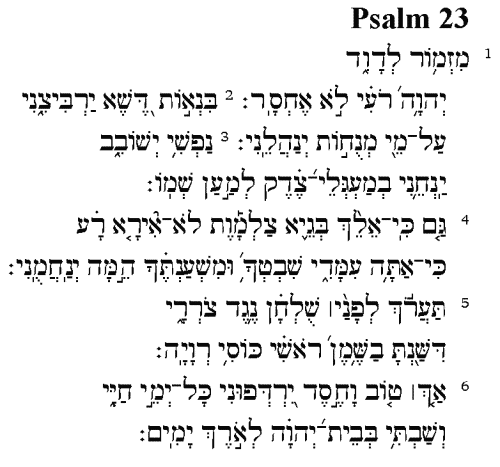Friday, August 31, 2007
Thursday, August 30, 2007
Sunday, August 26, 2007
Cup of Wrath...Redux
First, anyone that might use the 'cup of wrath' as a means to terrorize a person's conscience would misunderstand the point of the prophetic image in the first place. To preach terror without grace is neither 'prophetic' in the Old or New Testament sense of the office. Obadiah is a good example of that, where you have judgment on Edom followed by God's promise of restoration. The emphasis for Obadiah seems to fall on the former (in terms of focus)....but I wouldn't flippantly deduce from this that our preaching should equally fall on the former. Rather, the movement of the book *in the whole* is perhaps a better way to conceptualize the total message we're trying to convey.
Second, there is certainly room for pastoral sensitivity in bringing the Scriptures to bear to a person's sitz en leben. If a woman calls you up in a frantic fury because she's come home to discover her husband in bed with another woman, clearly this is probably not a good time to immediately launch into a diatribe about how God's wrath burns against the whoring adulterer! There is certainly a 'brokenness' here that needs a response of grace, comfort, patience and prayer. Thus, I'm not out to minimize 'brokenness' as a pastoral ministry reality that has to be dealt with on a regular basis.
Third, I suppose what I am after is the tendency to take a perfectly valid topic that the Bible addresses and make that the main lens in which whole books, if not the entire Bible, can be read through! It just so happens in this case, my criticism was directed towards the usage of 'brokenness' as a category....but there are many other things we could add to that as well. For example, the person that tries to read justification into every Pauline chapter; the person that turns I and II Timothy into a training manual for church leaders; or the Reformed minister that seems to find a polemic against Arminianism in each and every sermon he preaches.
In other words, there's always the temptation to reduce the Bible to certain categories (or, if you will, applications!) to the exclusion of others. One's focus, interest, and sitz en leben dictate the way in which the Scriptures are approached.
How do we avoid such pitfalls? I think one way forward is through the usage of the lectio continua -- that is, preaching through whole books of the Bible, unit by unit. Hugh Old notes in this regard:
One of the strengths of Reformed Christianity is its appreciation of the Old Testament. As I see it, a minister needs to give much loving attention to the various genres of Old Testament literature. The insights of the historical books, the prophets, and the poetry all need to be explored.I think the thrust of Old's focus is right, and not simply because I have a particular interest in studying Hebrew. Yet my fear is that Reformed Christianity in the current scene does not properly appreciate the Old Testament, precisely because one's limited focus -- however Biblically applicable it may be -- hinders their reading of the Bible.
Old adds:
Both the lectionary and the lectio continua traditions have been replaced in many Reformed churches by sermon series based on themes chosen by a minister. Such series may or may not deal with the "difficult" passages or books or issues that one would have to deal with in the lectionary or lectio continua approach.I think this gets at some of what concerns me -- that is, a thematic approach to preaching. There are times where I'm not always sure if the 'theme' is controlling the text OR if the text is dictating the theme. I have no problem with addressing themes....but I find it better to do so within the context of working through an entire book.
I could certainly say more, but I think that fills in some of what I had in mind from the previous entry.
Labels:
Biblical Theology,
Preaching,
Redemptive History
Subscribe to:
Comments (Atom)





